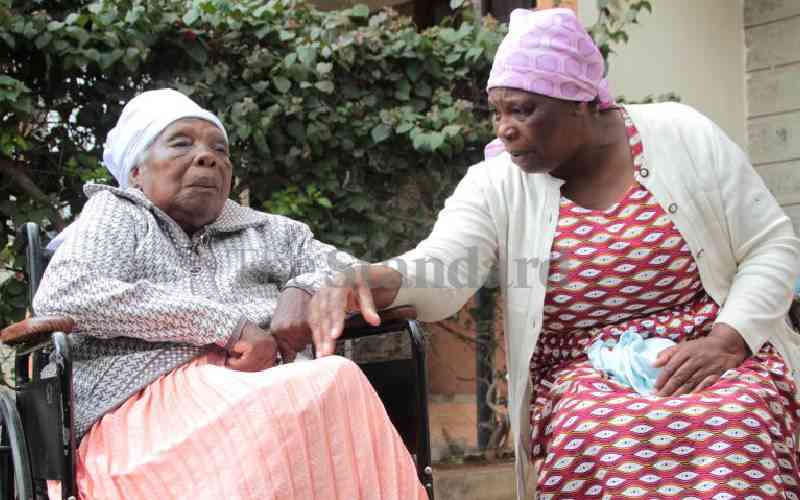×
The Standard e-Paper
Home To Bold Columnists

Mukami Kimathi the widow of freedom fighter, Field Marshal Dedan Kimathi, is still a disturbed woman.
Apart from the trauma she endured while in the forest fighting with fellow Mau Mau fighters and the torture she and other women lived through while detained at Kamiti Maximum Prison, she still does not know where her husband was buried.